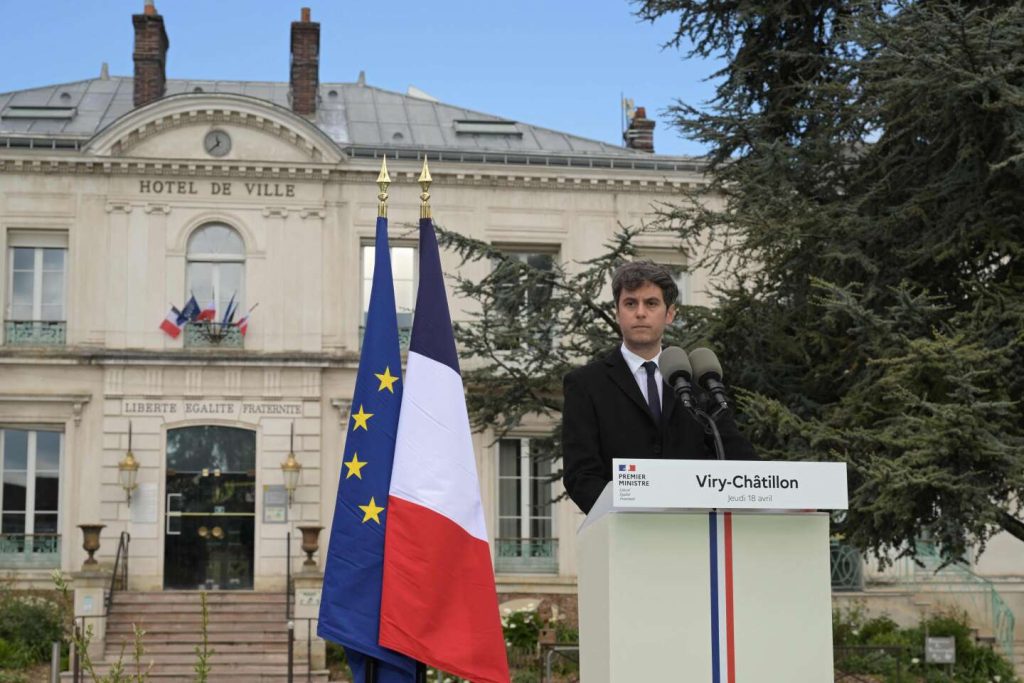Marco Oberti, a sociology professor at Sciences Po and a researcher at the Center for Research on Social Inequalities, analyzes the discourse on youth titled “For a Wake-Up Call for Authority” delivered by Prime Minister Gabriel Attal on April 18 in Viry-Châtillon (Essonne). He notes a deliberate focus on “individual responsibilities” while ignoring any contextualization of violence phenomena. By referring to “a part of our adolescents. And only a part,” which youth is he referring to? Without explicitly stating it, he mainly alludes to the youth from disadvantaged neighborhoods when mentioning “identity retreat”, “infiltration of ideologies contrary to the Republic,” or referring to boarding schools “far from their area.”
When discussing combating separatism, Prime Minister Attal only mentions one form – “Islamist separatism” – without addressing other forms such as educational separatism or residential self-segregation often practiced by the upper classes. He criticizes the “fierce individualism” of young people and even talks about “individual separatism.” Does he also consider affluent classes or all forms of fierce individualism? What are your thoughts on the measures proposed? The striking aspect is the punitive tone and the emphasis on individual responsibility rather than the contexts in which urban violence occurs. The proposed solutions involve more punishments, sanctions, fines, and imprisonment, reflecting a repressive rather than preventive approach.
While individual responsibility should not be overlooked, it cannot be detached from social environments. Gabriel Attal fails to mention crucial factors like socio-residential and school segregation, as highlighted in a previous article. He even suggests relaxing the law on urban renewal by incorporating intermediate housing. It is important to consider the broader social contexts influencing behavior. The failure to address these aspects limits the effectiveness of the proposed measures. How effective do you think these solutions will be in addressing youth violence?
It is essential to acknowledge the complexity of factors contributing to youth violence. Ignoring socio-economic disparities and structural inequalities risks oversimplifying the issue. By focusing solely on individual responsibility and punitive measures, there is a risk of further marginalizing vulnerable communities. What steps do you believe should be taken to address the root causes of urban violence and ensure a more inclusive approach?
In conclusion, the discourse on youth by Prime Minister Gabriel Attal highlights the need for a comprehensive and nuanced approach to addressing youth violence. While individual responsibility plays a role, social contexts and structural inequalities must also be considered. The emphasis on punitive measures without addressing underlying issues may not effectively address the root causes of urban violence. Moving forward, it is crucial to adopt a more holistic approach that addresses socio-economic disparities, structural inequalities, and promotes inclusive policies to create safer and more cohesive communities for all young people.


